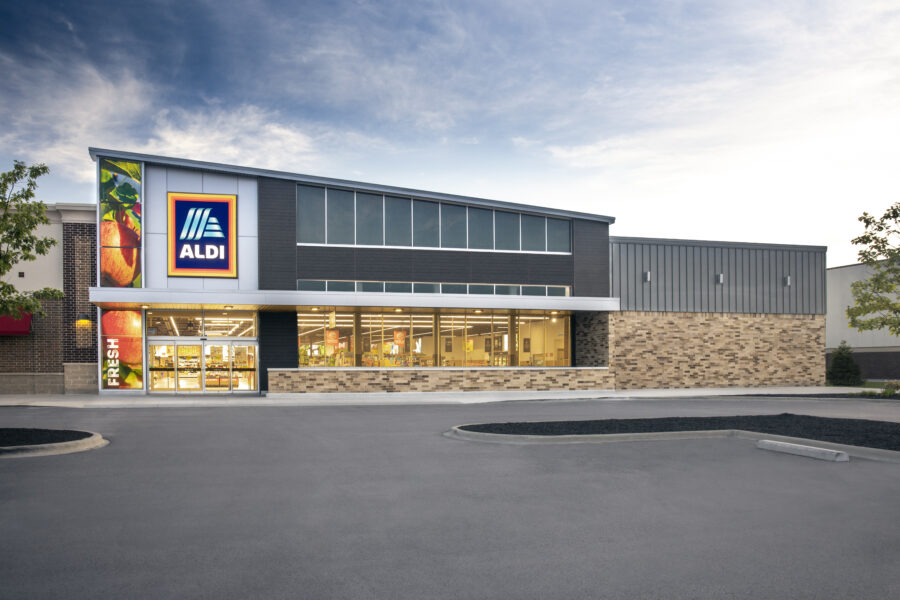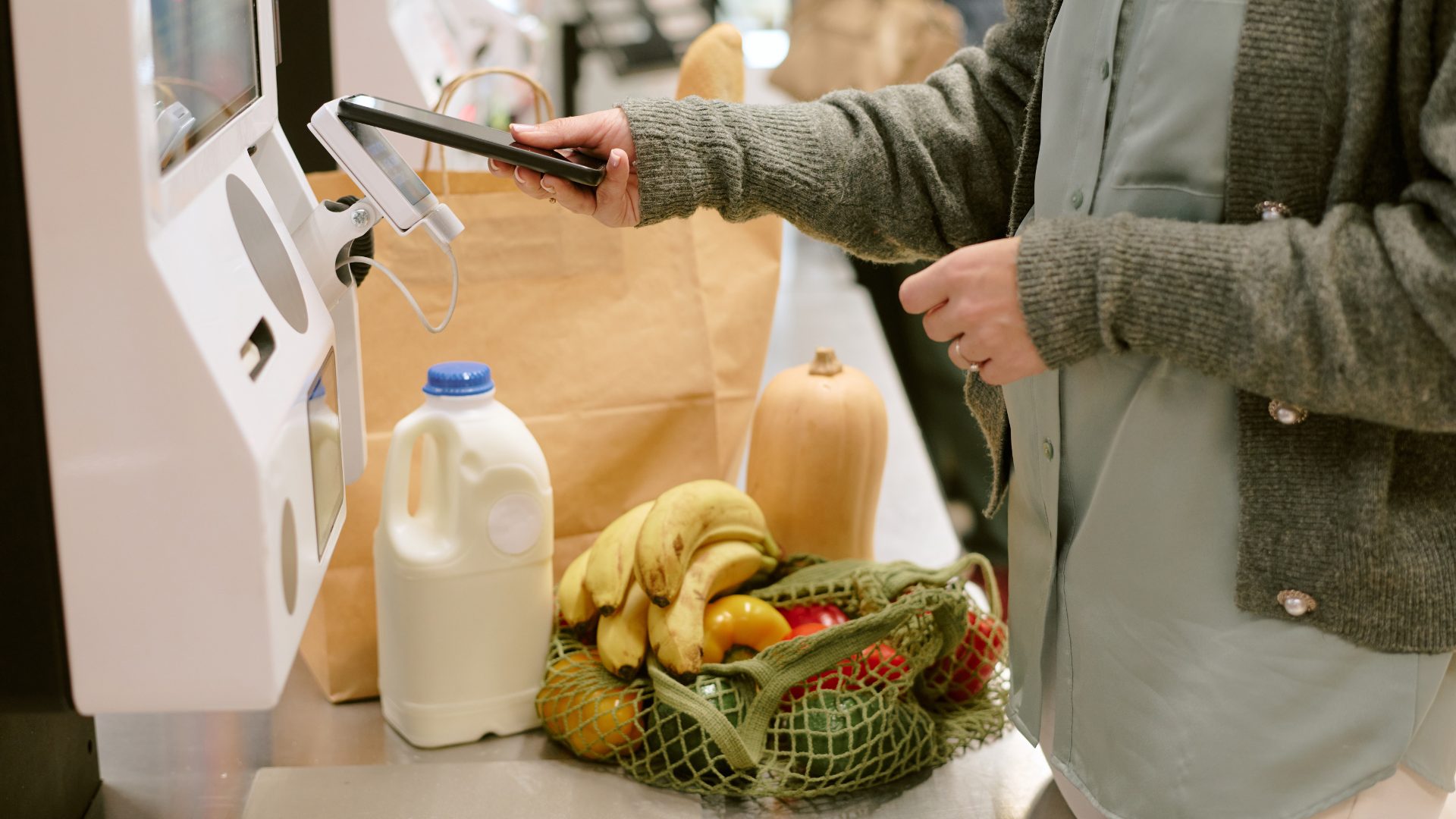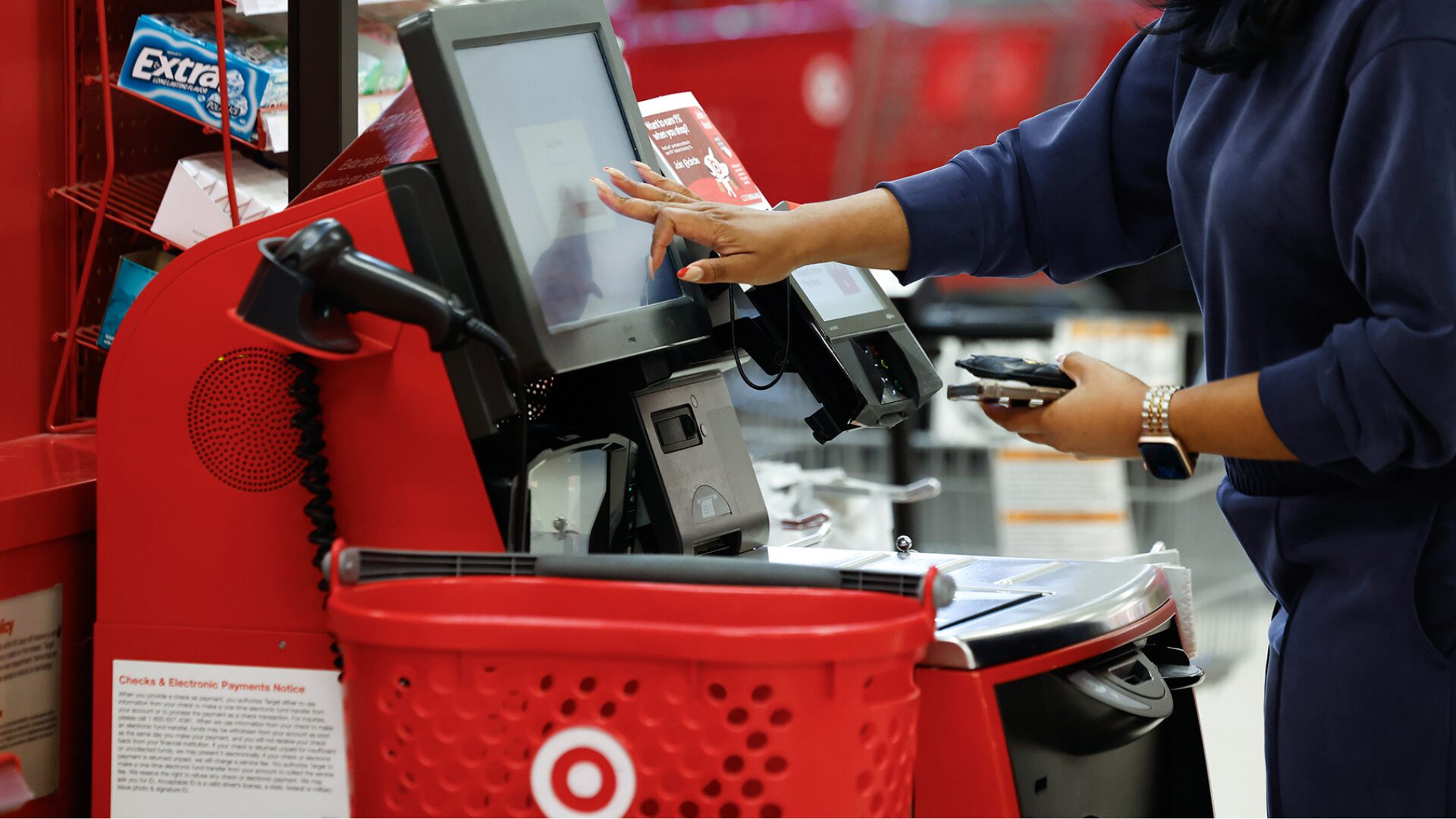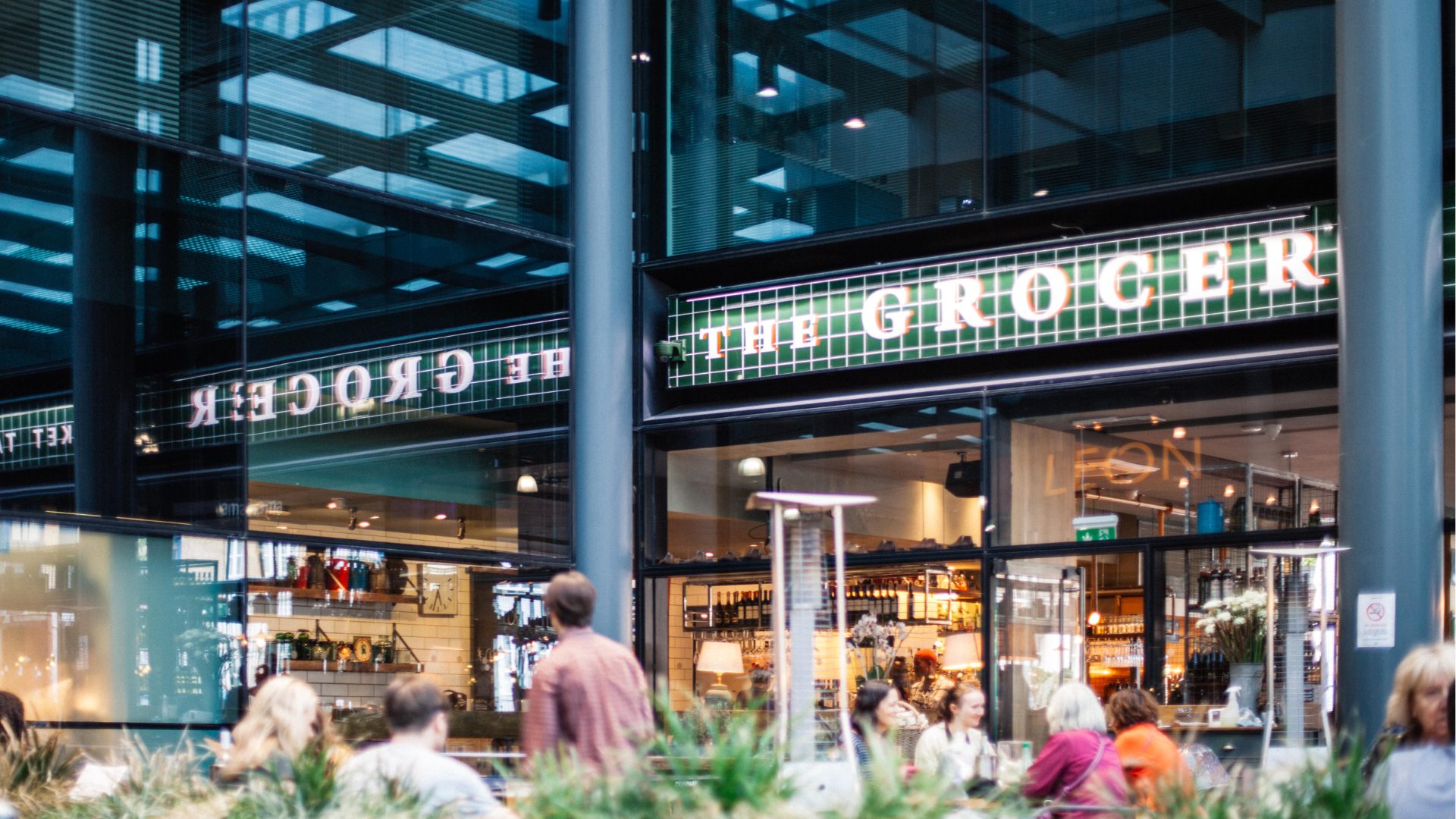Aldi’s acquisition of the Winn-Dixie and Harvey’s banners from Southeastern Grocers is set to shake up the grocery industry in the affected markets. Aldi will gain access to 400 stores in five states—Alabama, Florida, Georgia, Louisiana, and Mississippi—which could give the off-price retailer a chance to crack a new market that might be otherwise impenetrable.
“The region does not have many low-cost options in grocery, yet the grocery market is mature,” said Maria Pearman, Principal and leader within the Food and Beverage Practice at GHJ. “With this acquisition, Aldi has an opportunity to introduce its expertise in pricing and supply chain to drive improvements to the bottom line. The macro-market for grocery does not have room for new parties to enter, but there is room for an experienced operator to enter the market and improve the performance of existing stores.”
Aldi has leaned into its off-price reputation to fuel growth through its recent initiatives. The company is currently cutting prices on more than 250 products, ranging from snacks to meals, as it seeks to further leverage its low prices to stand out to inflation-weary consumers. Aldi is also planning to open 120 stores across the nation in addition to the 400 it will gain from the transaction.
Aldi has been making inroads into the southeast with a new regional distribution center in Loxley, Alabama, that opened earlier this year as part of a $2 billion infrastructure investment in the region. While the grocer has a smaller presence in this area compared to other parts of the country, the Southeastern Grocers transaction could help it make the most of those recent investments.
“Having recently opened a DC in Alabama, Aldi’s focus on the Southeast is not new,” said John Clear, Director in the Consumer Retail Group at Alvarez & Marsal. “It is a growing, diverse market with less developed competition than more developed markets. For example, Publix dominates Florida with over 40% market share. This gives [ALDI] an opportunity to become a major player in a short period of time.”
The deal could give Aldi a head start in making further inroads. The grocer will now have a mature selection of stores in valuable locations, rather than slowly expanding into the region through available real estate.
“Southeastern Grocers has a great portfolio in multiple markets,” said Marsal. “It would take Aldi an extremely long time to achieve such a strong foothold in a market like this by themselves. The number one reason customers cite for choosing grocery stores is convenience and location—this puts Aldi in prime position to answer that need.”
It remains to be seen how this deal will play out in the long term. Notably, not all the stores will be converted to the Aldi banner and format; Pearman noted that Adi may be hedging its bets in case the move doesn’t work out for its off-price format.
Additionally, Southeastern Grocers was headquartered in Jacksonville, while Aldi’s U.S. operations are housed in Illinois. The loss of Southeastern Grocers could impact Jacksonville’s tax base if Aldi doesn’t make larger investments in the city, which could shape how the grocer invests in the region during the near future.
“A corporate presence in Florida is not guaranteed at this time, which could have negative consequences for the local economy,” said Pearman. “Jacksonville Mayor Donna Deegan has publicly encouraged Aldi to retain a corporate presence in the city, which signals that a corporate move could have significant economic effects.”












